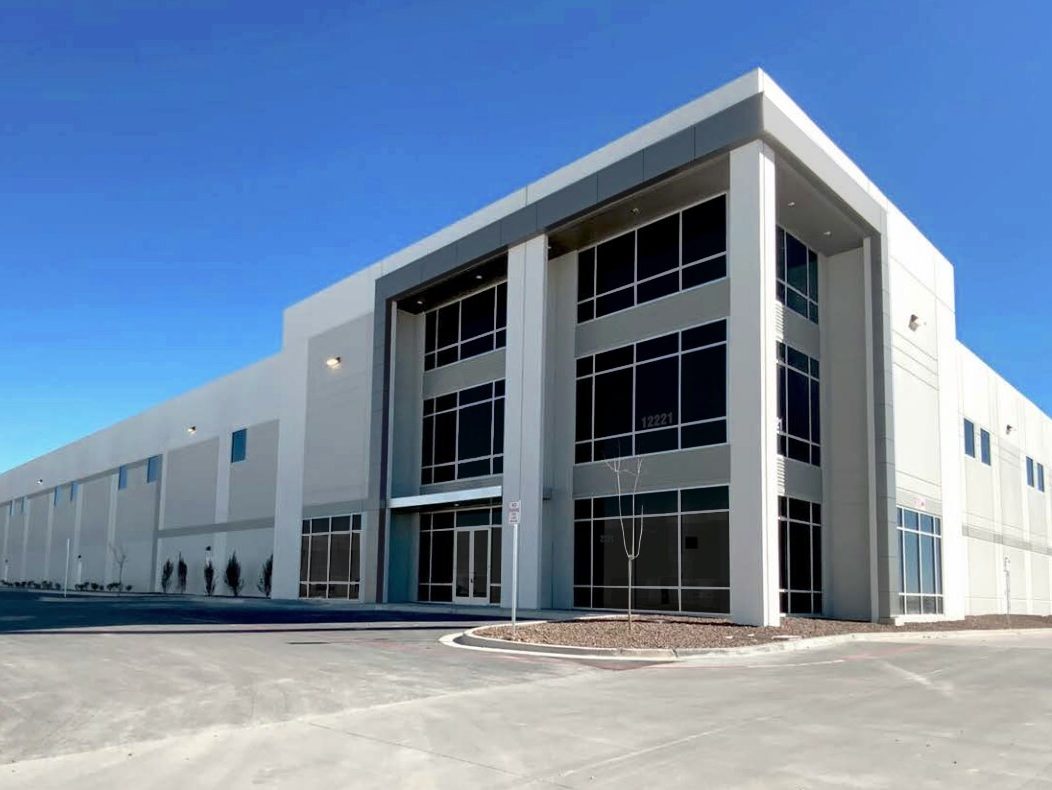Hungry Buyers, Single Tenants
Buyers hungry for secure and stable investment options have driven significant demand for triple-net-leased, single-tenant retail properties this year.
By Rick Chichester
Buyers hungry for secure and stable investment options have driven significant demand for triple-net-leased, single-tenant retail properties this year, according to research compiled by Faris Lee Investments. Data shows that single-tenant properties with credit tenants are in the highest demand, especially those housing recession-resistant tenants such as food use, automotive, pharmaceutical, value-oriented and other necessity-based retail categories.
Generally speaking, triple-net assets offer a solid value, as they tend to be well located and occupied by a single, strong user. Such properties provide high-net-worth buyers with the passive yield they seek, and offer a far superior return over the CD market, where rates are now less than 1 percent, and even a more acceptable rate than stocks and bonds, which have proven to be such volatile investments. The commercial real estate investment is set, with annual returns as well as planned rental increases for tenants in the majority of lease structures.
The greatest challenge now is that the supply of top-tier single-tenant properties remains low. This has driven up values as quality assets are moving quickly or being sold off market. Active buyers know they need to be aggressive to win a deal in today’s competitive market. As demand for this product type elevates, cap rates continue to compress, with pricing at or above asking prices, and bidding wars have become frequent occurrences.
One case in point is the 25-property Ruby Tuesday restaurant sale-leaseback assignment that Faris Lee procured early in 2012. We have now sold nearly all the properties at record-breaking cap rates relative to comparable assets, averaging 6.81 percent. Six of the last transactions were either at or above list price, all with multiple competing offers.
And several McDonald’s-occupied properties in a number of locations have been marketed by the firm and produced cap rates in the low 4 percent range. A similar cap rate is apparent with bank-occupied product in core markets.
Many 1031 buyers that have either owned other property types or never owned commercial real estate are now actively acquiring retail property. In one recent deal, Faris Lee’s Jeff Conover and Shaun Riley completed an $11.1 million sale of a 46,000-square-foot, single-tenant Sports Authority to a 1031 exchange buyer that purchased the property with just six years remaining on the lease in an off-market, all-cash transaction.
The firm’s brokers are also increasingly working with pension funds and REITs that have capital sources looking for strong performing retailers with long-term leases. Such was the case in the $20.8 million sale of an 81,619-square-foot department store anchor occupied by Forever 21 within a regional mall. The all-cash investor was a large core fund.
The firm also broke a national sales record for the lowest cap rate and the highest cost per square foot for a Wal-Mart Supercenter, closing at $16.5 million, or $155 per foot of the 106,801-square-foot property, with a cash-on-cash return of 5 percent on an equity investment of $6.5 million. The firm obtained multiple offers, ultimately producing a buyer that assumed the existing loan and could execute a 46 percent down payment. In turn, the buyer got a rare opportunity to acquire a newly constructed property with a 20-year corporate triple-net lease.
Looking ahead, we expect both interest and cap rates to remain low. As the capital markets continue to become more efficient and meet demand for debt, we anticipate this favorable situation to increase single-tenant transaction volume, resulting in even more competition for product that was already popular among many investors that have paid cash over the past several years to avoid financing challenges. As this segment of the market continues to gain momentum, cap rates will likely compress further and transaction velocity will surely increase.
—Rick Chichester is president & COO of
Faris Lee Investments. Colleagues Jeff Conover, Matthew Mousavi and
Don MacLellan contributed to this column.








You must be logged in to post a comment.